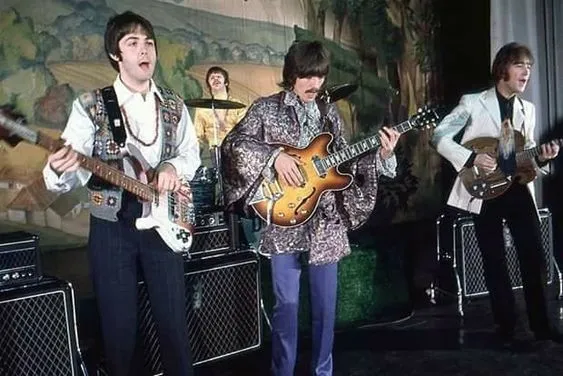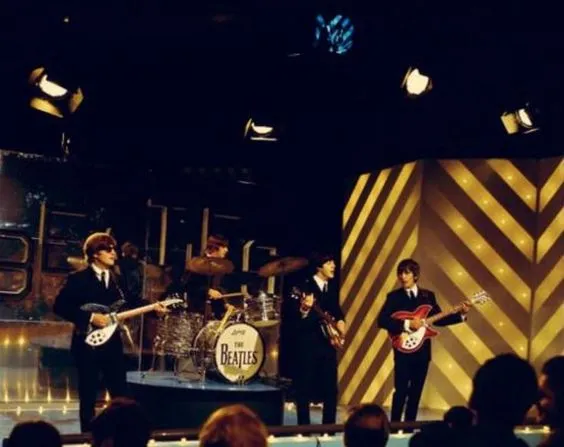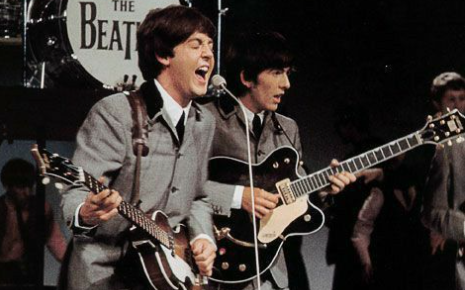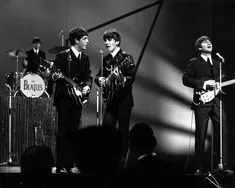About the song
(Watch the video below)
In the annals of music history, few songs have sparked as much fascination, controversy, and intrigue as "Helter Skelter" by The Beatles. Released in 1968 as part of their seminal double album "The White Album," this track stands as a testament to the band's unparalleled ability to push artistic boundaries while simultaneously capturing the zeitgeist of the era. "Helter Skelter" not only represents a sonic departure for The Beatles but also carries a weighty cultural significance that transcends its musical elements.
The genesis of "Helter Skelter" can be traced back to Paul McCartney's desire to create a song that would outdo the raw energy of The Who's performances. Inspired by their frenetic live shows, McCartney set out to compose a track that would be the epitome of "rocking out." The result was a blistering onslaught of sound characterized by its distorted guitars, thunderous drums, and McCartney's primal screams.
From its opening chords, "Helter Skelter" thrusts listeners into a maelstrom of chaos and intensity. The song's relentless tempo and abrasive instrumentation create a sense of urgency and unease, culminating in a cacophony of sonic dissonance. McCartney's vocals, delivered with a fervor bordering on hysteria, further amplify the song's sense of manic abandon.

Lyrically, "Helter Skelter" is equally enigmatic. The term "helter-skelter" originally referred to a British amusement park ride characterized by a spiraling slide, but McCartney repurposed it to convey a sense of disorder and chaos. The lyrics depict a descent into madness, with lines like "When I get to the bottom, I go back to the top of the slide / Where I stop and I turn and I go for a ride," evoking a sense of spiraling out of control.
However, the true significance of "Helter Skelter" extends far beyond its musical and lyrical elements. In the years following its release, the song became irrevocably linked to one of the darkest chapters in American history: the Manson Family murders. Charles Manson, the notorious cult leader, infamously interpreted "Helter Skelter" as a harbinger of an apocalyptic race war, which he believed would be triggered by a series of brutal killings. He adopted the song's title as a mantra for his deranged vision of societal collapse.
The Manson Family's murderous rampage in 1969, which claimed the lives of actress Sharon Tate and several others, sent shockwaves throughout the nation and forever altered the public's perception of "Helter Skelter." Suddenly, a song that had once been celebrated for its rebellious spirit and raw energy became synonymous with senseless violence and madness. The Beatles themselves were horrified by the association, with McCartney expressing his disbelief at the twisted interpretation of their music.

Despite its dark legacy, "Helter Skelter" remains a testament to The Beatles' enduring influence and innovation. Far from being a mere relic of the psychedelic '60s, the song continues to resonate with audiences today, its primal energy and chaotic fervor speaking to the universal human experience. Moreover, its enduring cultural significance serves as a stark reminder of the power of music to provoke, inspire, and, in some cases, unsettle.
Beyond its musical and cultural impact, "Helter Skelter" also serves as a poignant reminder of the fragility of artistic interpretation. What began as a playful experiment in musical excess ultimately became entangled in a web of violence and madness, forever altering its meaning in the eyes of the public. Yet, even in the face of such darkness, the song endures as a testament to the enduring power of The Beatles' music to transcend time, space, and circumstance.
In conclusion, "Helter Skelter" stands as a towering achievement in The Beatles' illustrious catalog, a sonic masterpiece that continues to captivate and confound listeners more than half a century after its release. Its blistering intensity, enigmatic lyrics, and enduring cultural legacy make it a quintessential example of the band's unparalleled creativity and innovation. And while its association with the Manson Family murders may forever cast a shadow over its legacy, "Helter Skelter" remains an indelible symbol of the boundless possibilities of artistic expression.



